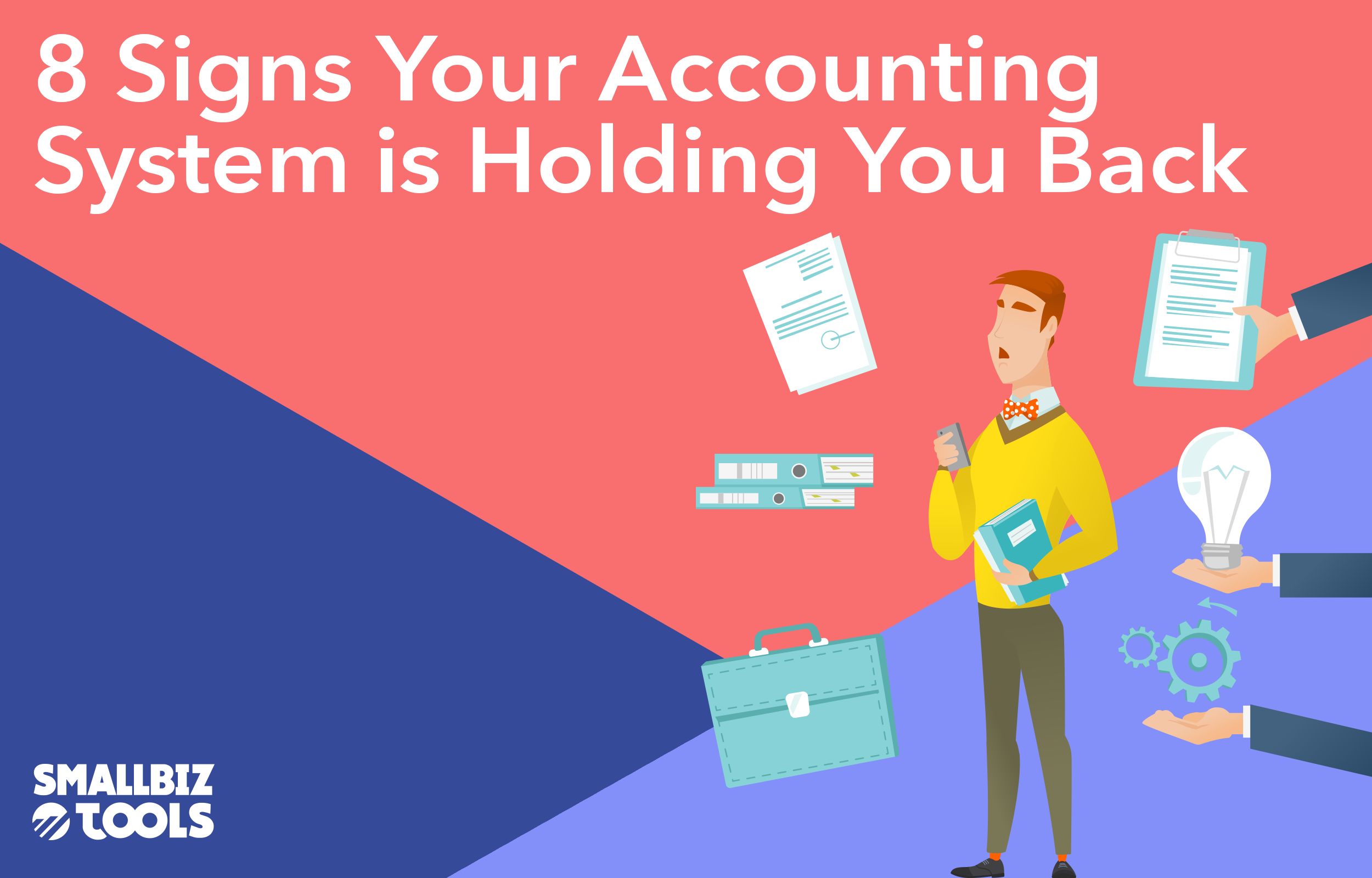LAST UPDATED ON July 26, 2023
8 Signs Your Accounting System is Holding You Back
If your accounting system isn’t optimized for scalability, there’s a strong chance it’s holding you back.

If your accounting system isn’t optimized for scalability, there’s a strong chance it’s holding you back. While change may seem like a frustrating prospect, consider how much time and money you’re wasting on an ineffective system. When your accounting software is limiting and you find yourself doing more work just to keep your finances straight, it’s time for a change.
Here are eight signs that your accounting system is holding you back.

